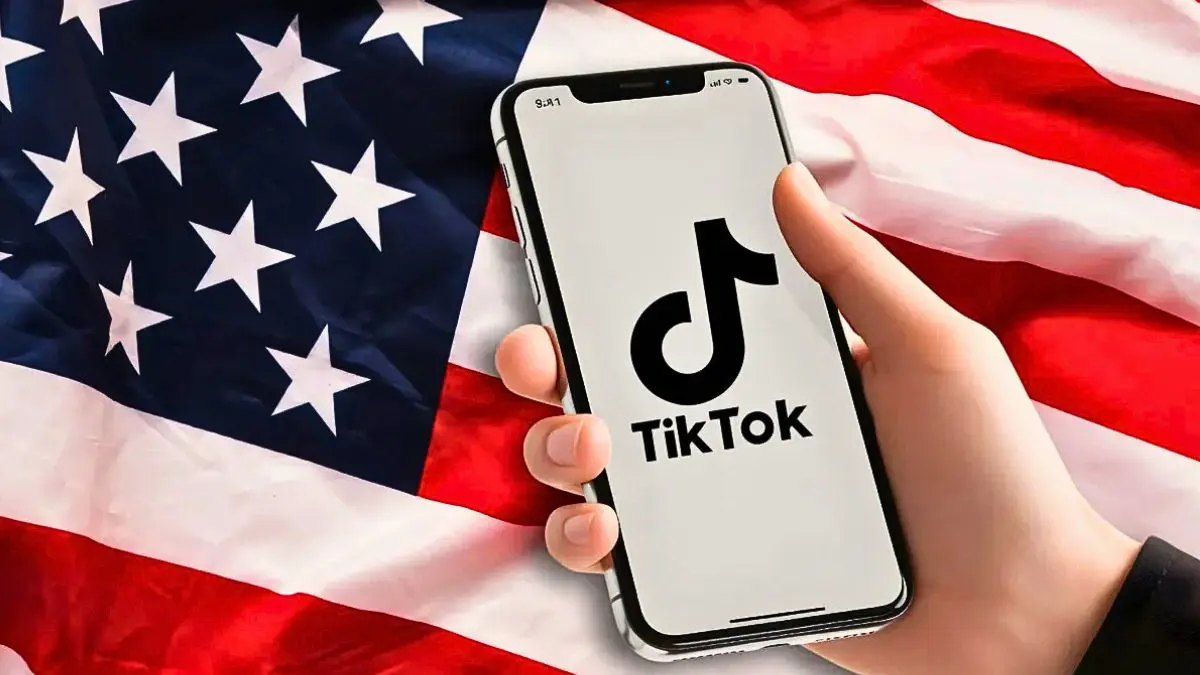Supreme Court leaning toward supporting TikTok ban in the U.S. amid national security concerns
By Axel Miller | 11 Jan 2025

The United States Supreme Court signaled on Friday that it may uphold a controversial law mandating a ban or a forced sale of the popular short-video app TikTok by 19th January 2025. The move stems from heightened concerns over national security threats tied to TikTok’s Chinese ownership.
During a lengthy 2.5-hour hearing, the Supreme Court judges probed lawyers representing TikTok, its parent company ByteDance, and the app’s users. They questioned potential risks of the Chinese government exploiting TikTok for surveillance or covert influence campaigns. At the same time, they weighed the implications for free speech under the U.S. Constitution.
Chief Justice John Roberts highlighted the app’s ties to ByteDance, asking, “Are we supposed to ignore the fact that the ultimate parent is, in fact, subject to doing intelligence work for the Chinese government?” His question reflects widespread concerns about foreign influence through data collected from TikTok’s 170 million American users.
National security matters
The legal challenge arises from a law passed with bipartisan Congressional support and signed by President Joe Biden. Critics, including TikTok and its users, argue that the law infringes upon First Amendment rights by restricting free speech. However, the lower court upheld the law, prompting the appeal to the Supreme Court.
Conservative Justice Brett Kavanaugh raised questions about the long-term dangers of China accessing TikTok user data. “What happens when young users grow up and enter sensitive roles in the FBI, CIA, or State Department? Could China use this data to blackmail or recruit spies?” he asked.
While justices expressed concerns over free speech, they appeared more preoccupied with TikTok’s potential to compromise national security.
Liberal Justice Elena Kagan underscored the delicate balance between national security and free speech. Drawing a historical analogy, she asked if Congress in the 1950s could have severed the American Communist Party’s ties with the Soviet Union, noting similarities to today’s concerns over content manipulation by foreign powers.
TikTok’s lawyer, Noel Francisco, argued that the app serves as a major platform for free expression in the U.S. “The fear isn’t just about data but also about misinformation and the possibility that Americans could be persuaded by it. That’s a decision the First Amendment leaves to the people,” Francisco said.
Implications of a ban or sale
If the Supreme Court upholds the law, TikTok will face significant operational disruptions. Francisco warned, “Come January 19, the platform essentially shuts down unless ByteDance completes a divestiture.” He also highlighted that divesting TikTok could take years, presenting logistical challenges.
U.S. Solicitor General Elizabeth Prelogar, defending the law, emphasized TikTok’s potential to be weaponized by the Chinese government. “TikTok’s vast data on Americans is a powerful tool for espionage, harassment, and covert influence,” she said, citing a long-standing U.S. policy against foreign control over critical communication channels.
The Supreme Court’s deliberations come amid escalating trade tensions between the U.S. and China. Former President Donald Trump, who begins his second term on January 20, has voiced opposition to the ban, urging the Court to delay its implementation for political resolution under his administration.
As the Court wrestles with these complex issues, its decision will not only impact TikTok’s future but also set a precedent for how the U.S. handles foreign-owned platforms in a data-driven world. The outcome could redefine the balance between national security and free speech in the digital age.
Stay tuned for updates as this landmark case unfolds.
FAQs about the TikTok ban in the United States
1. Why is the U.S. Supreme Court considering a TikTok ban?
The Supreme Court is reviewing a law that seeks to ban or force the sale of TikTok due to national security concerns. U.S. officials worry that TikTok's Chinese parent company, ByteDance, could share user data with the Chinese government or manipulate content to influence Americans.
2. What are the primary concerns about TikTok?
The main concerns include:
- Data privacy: TikTok collects vast amounts of user data, which could be accessed by the Chinese government.
- National security: U.S. officials fear this data could be used for espionage, blackmail, or recruiting spies.
- Content manipulation: There’s concern that the Chinese government could use TikTok to spread propaganda or misinformation.
3. What is the deadline for TikTok’s ban or divestiture?
The law mandates TikTok to be sold or banned in the United States by January 19, unless an extension or court intervention occurs.
4. What arguments are TikTok and ByteDance making against the law?
TikTok and ByteDance argue that:
- The law violates the First Amendment, which protects free speech.
- TikTok serves as a major platform for American expression, and shutting it down would harm millions of users.
- The law unfairly targets a foreign-owned company without sufficient evidence of wrongdoing.
5. What is the U.S. government’s position?
The government defends the law, stating that TikTok poses a significant national security risk. It argues that Congress has the authority to act against foreign-controlled entities that may endanger American interests.
6. How many Americans use TikTok?
TikTok has approximately 170 million U.S. users, nearly half the population, making it one of the most popular social media platforms in the country.
7. What happens if TikTok is banned?
If TikTok is banned:
- The app could become inaccessible in the U.S., effectively shutting down its operations.
- Users would lose access to their accounts and content on the platform.
- ByteDance could avoid the ban by selling TikTok to a U.S.-based company, as required by the law.
8. How does this impact free speech?
Critics of the law argue that banning TikTok would restrict free speech by limiting access to a platform where millions of Americans share and consume content. Supporters of the law counter that national security concerns outweigh these issues.
9. Can the Supreme Court delay the ban?
Yes, the Court could issue an administrative stay to temporarily halt the law’s enforcement while it decides the case. TikTok’s lawyers have requested this to allow further review.
10. What role does former President Donald Trump play in this case?
Donald Trump, who begins his second term as president on January 20, opposes the ban. He has requested the Court to delay the January 19 deadline, allowing his administration to explore a political resolution.
11. Has Congress banned other foreign-owned platforms in the past?
While this case is unprecedented in the social media era, the U.S. has historically restricted foreign ownership of critical communication channels, citing national security.
12. Could this case impact other foreign-owned apps?
Yes, the outcome could set a legal precedent for how the U.S. addresses foreign-owned technology platforms, especially those perceived as threats to national security.

















